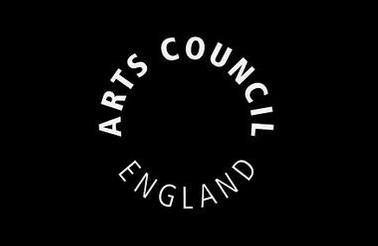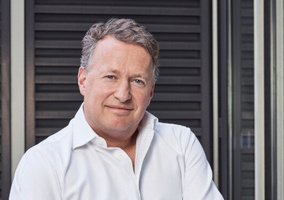Arts Council England (ACE) has changed guidance for its funding recipients after being criticised for warning them of reputational risks from engaging in political activity.
It previously warned arts organisations that statements “including about matters of current political debate” could breach the terms of their funding agreement with ACE and lead to “negative or damaging reactions or coverage”.
“The type of action or activity that may constitute or influence an increase in reputational risk can include […] activity that might be considered to be overtly political or activist and goes beyond your company’s core purpose and partnerships with organisations that might be perceived as being in conflict with the purposes of public funding of culture,” its previous Relationship Framework read.
ACE initially responded to criticism by clarifying its position before vowing to update its Relationship Framework as soon as possible.
It has now published the updated guidance, which removes references to “matters of current political debate” or “activity that might be considered to be overtly political or activist”.
The charity’s new Relationship Framework reads: “We expect all organisations we invest in to support freedom of expression.
“We see this as essential for a thriving cultural sector in this country.
“This framework is intended to support artistic freedom, by helping organisations identify, plan for, and respond to risks; avoid self-censorship; and tackle difficult subjects with clarity and confidence.
“The Arts Council will not remove or refuse funding to an organisation or an individual purely because they make work that is political.”
SMK: ‘Staying silent can be the greatest risk of all’
The Sheila McKechnie Foundation (SMK), which had urged ACE to review its policy, welcomed the changes.
“Well done to the Arts Council for saying loud and clear that art can be political and that freedom of expression is a right – and that they want to protect both,” said chief executive Sue Tibballs.
“If they want to advise grantees on risk, though, it’s a balancing act.
“Charities have discovered that perceptions of risk, which can cause people to self-censor, are often far greater than the reality.
“There is no such thing as a risk-free public statement – whatever the medium – but staying silent can be the greatest risk of all.”












